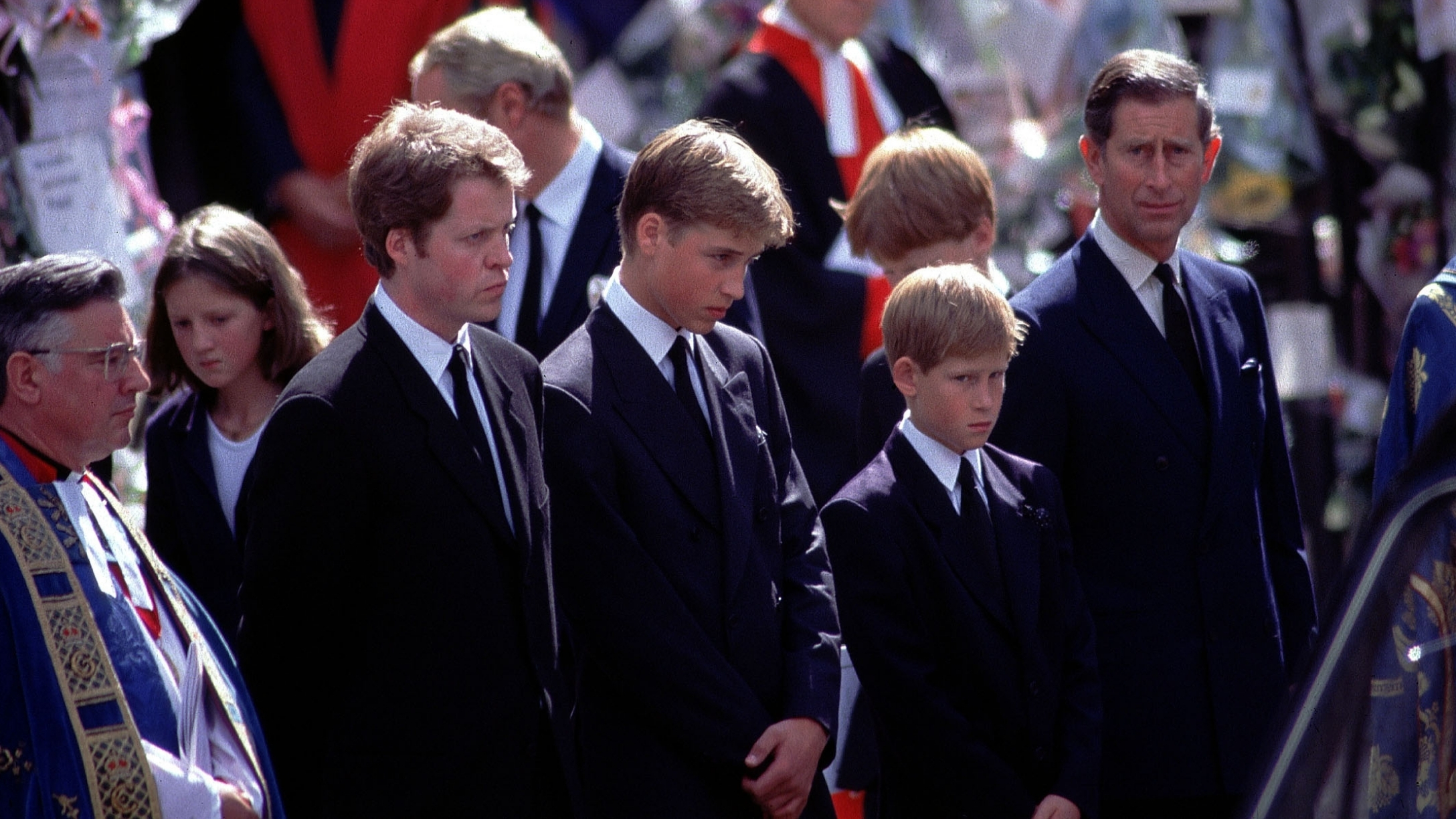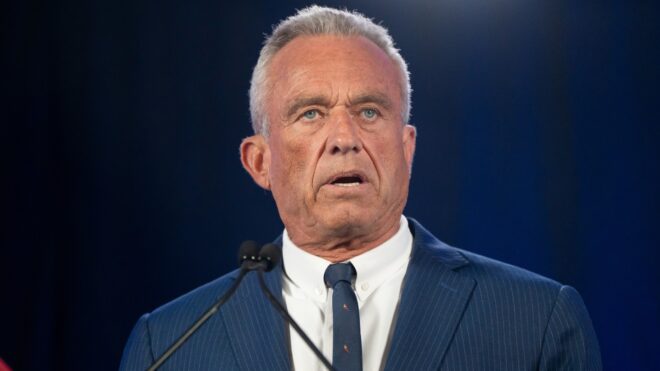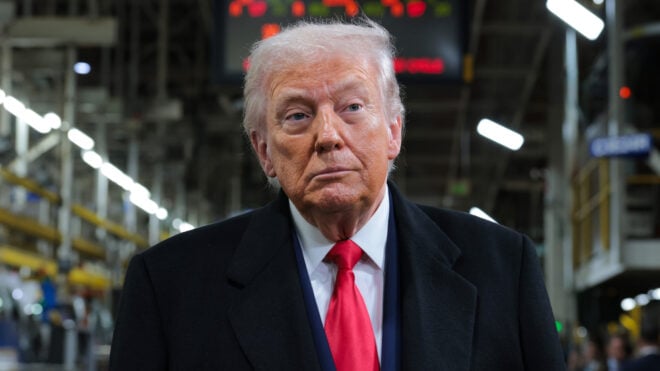
Princess Diana's death was an incredibly shocking moment that sent waves of emotion around the globe. At the height of that emotional time, there were a lot of different theories as to what caused the accident that killed Diana.
There has been open speculation that Diana's death was orchestrated by some outside party. Members of the royal family have been thought to be involved, though no such information has ever officially come to light. Now we're learning that these theories did lead to some police action.
In 2005, Prince Charles was questioned by police. It wasn't due to the rumors as much as a note left behind by Diana. Diana, who often put her fears in writing, expressed concern her husband might try to kill her in a car accident.
Operation Paget was a serious, concentrated effort into investigating the death of Princess Diana. Now we're learning that Prince Charles was questioned by the British Metropolitan Police as part of that investigation. The questioning happened in 2004.
Former head of Scotland Yard John Stevens revealed to the Daily Mail that Charles was not investigated as a response to popular conspiracy theories related to the royal family's involvement. Rather, it was because of a note left behind by the Princess of Wales herself about her darkest fears.
The note was written by Diana in 1995. "My husband is planning 'an accident' in my car, brake failure and serious head injury," she wrote. She believed Charles wanted her dead so that he could have a relationship with his sons' former nanny, Tiggy Legge-Bourke.
"Camilla is nothing but a decoy so we are being used by the man in every sense of the word," she allegedly wrote.
Lord Stevens was the one who had to read the note to Charles during the super-secret interview at St. James Palace. It was emphasized that he was questioned as a witness, not a suspect.
"Why do you think the princess wrote this note, sir?" Lord Stevens asked the prince.
"I did not know anything about [the note] until it was published in the media," Charles responded.
"You didn't discuss this note with her, sir?" Stevens followed up.
"No, I did not know it existed," Charles replied.
"Do you know why the princess had these feelings, sir?"
Charles replied, "No, I don't."
"Yes, allegations had been made about the Prince of Wales and other royals but we had to find or examine the [existing] evidence before we approached him with formal questions," Stevens said of the interview and timing of it.
"We found no other evidence to support the scenario suggested in Diana's note."
"We were left with the note, which in itself was not enough to make Charles a formal suspect," he continued.
"If he chose to assist [Operation] Paget, he would be doing so voluntarily as a potential witness. We would not be interviewing him under caution."
Lord Stevens now believes that predatory media practices like those used by journalist Martin Bashir to secure his interview with Diana may have contributed to the paranoia that moved her to write such things. He regrets not interviewing Bashir during the investigation.
"If there'd been an allegation then that Bashir had produced allegedly fake documents to Princess Diana, which is a criminal offence, we'd have investigated it," he said.
"My goodness me, we would have done. But this has only come out recently, which is unfortunate."




